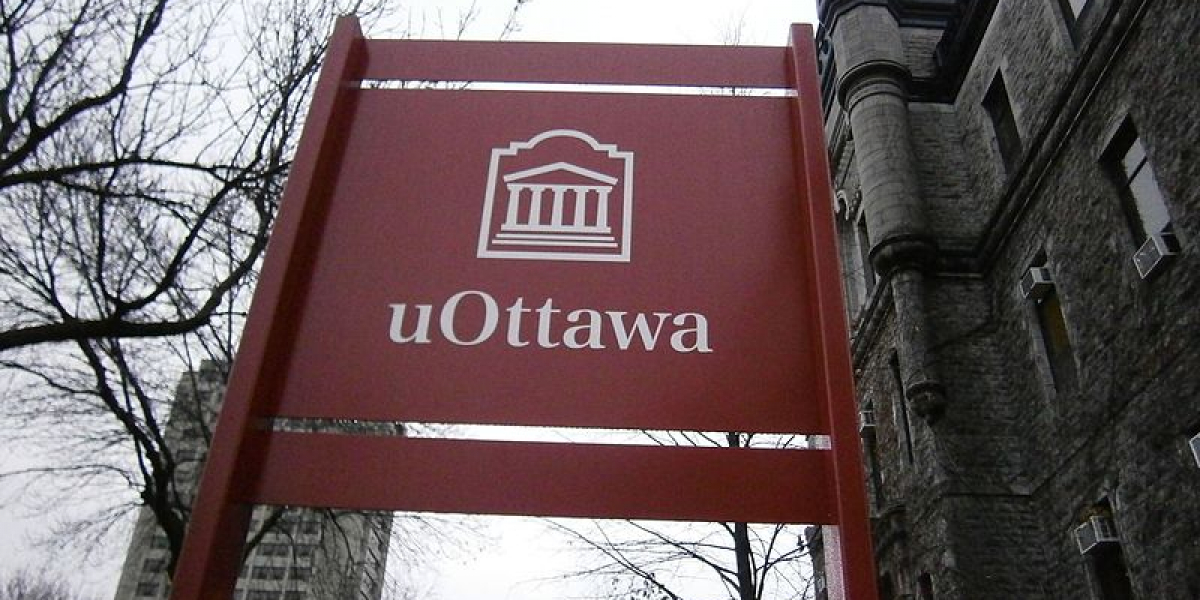
September 10, 2021
Smart Prosperity Institute’s Fulbright Visiting Research Chair program - one of our signature academic partnerships - is currently in its seventh year. We are excited to host three Research Chairs in 2020-21 -- two focused on Environmental Policy: Lew Fulton (University of California, Davis) and Kenneth Richards (Indiana University), and one focused on the Environment and the Economy: Jonathan Rubin (University of Maine).
Jonathan Rubin is the Director of the Margaret Chase Smith Policy Center and Professor of Economics, University of Maine. Smart Prosperity Institute caught up with Jonathan ahead of his visit to Ottawa this Fall for his term as the Fulbright Visiting Research Chair in the Environment and the Economy.

I have been working in the area of transportation GHG emissions and alternative fuels for more than 25 years. I was the Chair of the Environment and Energy Section of the Transportation Research Board of the US National Academies of Science, Engineering and Medicine for 6 years ending in 2020 following 6 years as Chair of the Transportation Energy Committee. My formal training is as an environmental economist. These days I am particularly attuned to sub-national transportation GHG initiatives given the need to implement programs and policies at the state, provincial and local levels. Working at SPI I hope to gain a better understanding of Canadian climate policies and best practices and how these can be integrated with and complement US initiatives.
That’s the thing, there are so many really interesting and important topics to work on! Currently I am looking at ways to reduce the environmental impact of ridesharing companies (e.g. Uber/Lyft), speeding up the implementation of autonomous vehicles in an environmentally responsible way, and increasing the availability of electric vehicles in ways that supports social equity and economic development.
One of the biggest questions many of us are working on is how to make the transition to a lower carbon transportation future fair and equitable. It is clear to me that the only way for this transition to really happen is that there must be social consensus on not just the outcome, a low or zero carbon transportation sector, but the process by which we get there. How do we design policies to promote fairness while recognizing the current unequal access to mobility, charging infrastructure and even high speed internet? There are also fundamental questions about how people value their time while traveling. Do people treat their commute to work time differently if they are in a private vehicle versus sharing a ride in an Uber or Lyft vehicle? How does the coming of autonomous vehicles impact where people choose to live?
Traditionally, many or most environmental economists, including me, have focused on getting the ‘right’ prices for the cost of carbon and benefits of alternative fuels. Today, I think the focus is turning more towards ensuring that all segments of society benefit from the on-going energy transition. That means that researchers and policy makers need to spend more time designing programs so that everyone benefits, not just well-off households.
I have had the great pleasure in working with a good number of Canadian colleagues over the years. This has given me some ideas of specific US programs and policies that are worth looking at in more depth. But, I hesitate to assume too much knowledge of Canadian programs and experiences before my immersion at SPI to suggest lessons for Canada today.
I am excited about learning more about the programs and best practices in Canada. Both our countries are major energy producers and share, with Mexico, an integrated vehicle market. I am looking forward to better understanding the vehicle and fuels’ markets and how cross-border coordination can be helpful to reduce GHGs. Also, one area where are similar, but quite different really, is on the relationship between our federal and provincial/state governments. I think these similarities and differences will provide a rich set of ideas for future research.